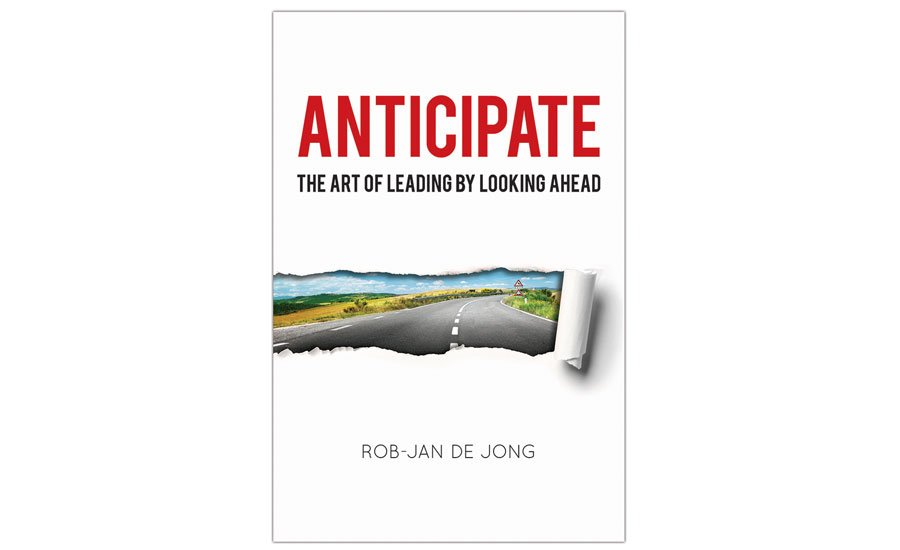Habits can be a trap for people in leadership positions. As leaders, they should provide a compelling vision that inspires those around them. Instead, many of them lapse into automatic thinking. And that can affect every decision they make — and the actions of the people who report to them.
“Too often, we don’t come up with imaginative solutions because we let ourselves be ruled by routine and by preconceived notions,” said Rob-Jan de Jong, a behavioral strategist and author of Anticipate: The Art of Leading by Looking Ahead.
“We think we know ahead of time what will and won’t work, which makes us quick to dismiss ideas that sound too ‘out there.’ The people who answer to you learn the lesson that creative thinking is frowned upon, even if that’s not the lesson you wanted to teach.”
Simply deciding to have a more open mind likely won’t be enough to turn things around. But de Jong said there are behaviors and practices that, through repetition and perseverance, can help leaders and anyone else develop a mindset that’s open to imaginative and better ideas.
• Formulate powerful questions. Generating ideas starts with asking the right questions and the best questions are thought-provoking. They challenge underlying assumptions and invite creativity. “They also give us energy, making us aware of the fact there is something to explore that we hadn’t fully grasped before,” de Jong said. Train yourself to catch poorly designed questions, asked by you or someone else, and reformulate them. Questions that begin with “why,” “what,” and “how” are best because they require more thoughtful responses than those that begin with “who,” “when,” “where,” and “which.” Especially avoid questions that can be answered with a “yes” or “no.”
• Expand your sphere of influence. “We are strongly influenced, for better or worse, by the small group of people we have direct contact with,” said de Jong. “Since we tend to hang out with people who are fairly similar to ourselves, chances are we are limiting our perspectives.” He recommends making a deliberate effort to encounter people and ideas that are “profoundly different from the usual suspects you hang out with.” Visit a conference of a different profession, join an arts club, or buy a magazine randomly off the shelf.
• Break your patterns. You can increase your chances of seeing things differently if you deliberately break your normal pattern of working, communicating, thinking, reacting, and responding, de Jong said. Take a different route to work. Change where you sit in meetings.
• Learn to listen. “We’ve all been taught the importance of being good listeners,” de Jong said. “The problem is most of us struggle to actually do it.” Often when people are “listening,” they really are waiting for the first opportunity to share their story, their opinion, or their experience. De Jong suggests training yourself to engage in three pure listening conversations a week. They don’t need to be longer than 15 to 20 minutes, they can be formal or informal, and the other person doesn’t need to know what you’re doing. Vow that you won’t try to take over the conversation no matter how much you want to. “Just keep asking questions and don’t dismiss anything the other person says,” de Jong said. After the conversation, reflect on what you learned. Don’t dismiss any ideas or views that don’t align with yours. “Dare to challenge your own assumptions and reframe your beliefs if need be,” he said.
“Some of these practices may take people outside their comfort zones, and everyone might not be ready to try all of these at once,” said de Jong. “But if you start to put them into practice, you’ll be able to grow into a more mindful, visionary leader one step at a time.”
Rob-Jan de Jong (www.robjandejong.com) is an international speaker, writer, and consultant on strategy and leadership. He serves as an expert lecturer at various leading business schools such as the Wharton Business School (U.S.), Thunderbird School of Global Management (U.S.), Nyenrode Business University (The Netherlands), and Sabanci Business University (Turkey).
Publication date: 4/4/2016








